In the context of the world shifting to a green growth model, when ESG (environment - social - governance) standards have become a mandatory "passport" for international goods, Ms. Nguyen Thi Tra My, General Director of PAN Group, Chairwoman of Vinaseed Board of Directors, said that Vietnamese enterprises cannot stay out of the game.
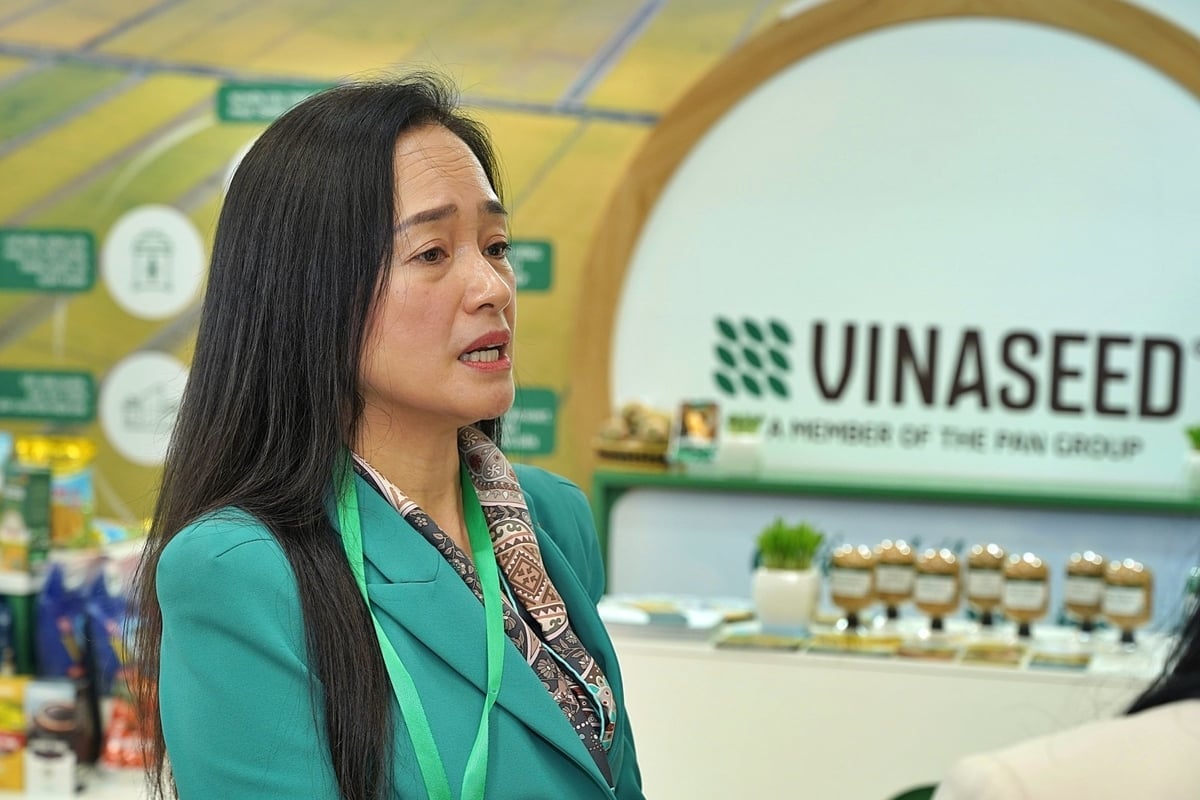
Ms. Nguyen Thi Tra My, General Director of PAN Group, Chairwoman of Vinaseed Board of Directors. Photo: Bao Thang.
A market without limits
According to Ms. My, over the past 3 years, PAN Group has entered a period of strong transformation, from traditional production to low-emission agricultural value chains. In the field of plant varieties, Vinaseed - a member unit of PAN - has developed and put into cultivation many low-emission rice varieties, used biological fertilizers, saved irrigation water and limited straw burning, contributing to environmental protection and increased cultivation value.
After just four crops, the yield and added value of Vinaseed’s low-emission rice varieties have increased dozens of times. This not only helps farmers earn higher incomes but also significantly reduces the amount of CO₂ emitted in the farming chain.
These shifts will help Vietnamese rice better meet the global market, especially Europe, which is increasingly raising strict standards on the origin, emissions and sustainability of agricultural products. “Customers no longer ask if you produce green, they require you to prove it. This is no longer an option, but a mandatory condition for businesses to continue to exist,” Ms. My emphasized.
Thanks to the early conversion, PAN and Vinaseed products have been exported to nearly 20 European countries - markets known for their demanding sustainability standards. From seeds, rice, fruits to processed foods, all are traceable and meet emission reduction criteria.
During her market research trips to Europe, Ms. Tra My witnessed firsthand the rapid changes in consumer demand. She said she was “surprised” to see that people there were willing to pay more for products with a low carbon footprint, recycled packaging, and transparent processes. “This makes me believe that the market for green products is still expanding,” she shared.
On that basis, Vinaseed leaders believe that the strictness of the international market should not be seen as a barrier, but as a driving force for Vietnamese enterprises to upgrade themselves. Meeting environmental standards not only helps open the market, but also helps enterprises manage risks, save energy, optimize resources and increase brand reputation.
“This is a long-term game that requires serious investment, but the reward is the opportunity to access the world's most valuable markets,” said Ms. My.
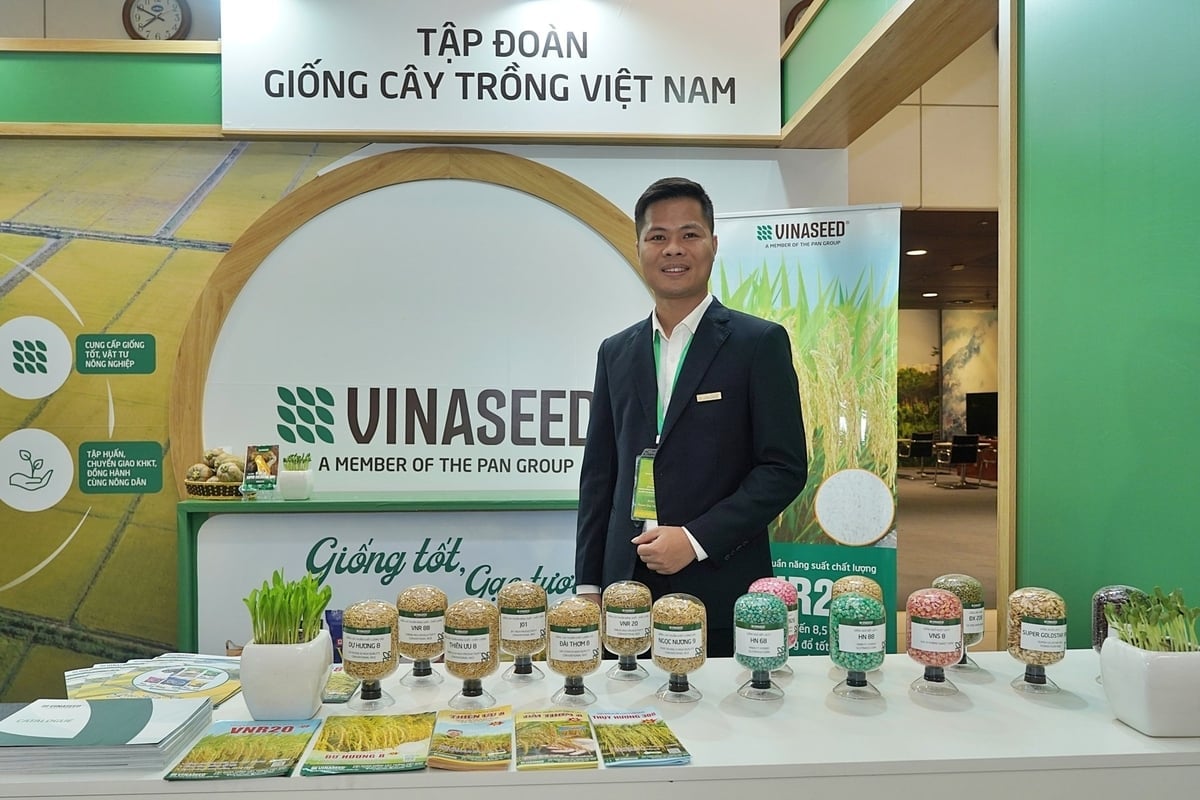
Vinaseed's booth at the 80th Anniversary of Agriculture and Environment. Photo: Bao Thang.
Collaborate to go fast and go far
Realizing that green transformation requires large resources, PAN Group chooses to cooperate with partners to promote green transformation. “If you want to go fast, go alone, if you want to go far, go together. We are cooperating with many international corporations, especially Japanese partners - a leading country in technology and clean agriculture,” Ms. My continued.
One of the outstanding cooperation projects is PAN's cooperation with a Japanese corporation to test organic biological products that have been successfully applied on more than 50% of the agricultural areas of cooperatives in Japan. This project has been implemented for nearly a year and is showing positive results in Vietnam.
If replicated, this model will form a comprehensive solution set including: low-emission crop varieties, biological plant protection products and organic fertilizers, creating a "closed green production chain" to help increase productivity, reduce greenhouse gases and improve the quality of agricultural products for export.
The company's goal is not only to produce better-tasting rice, but also cleaner rice with lower emissions, which can be proven with scientific data.
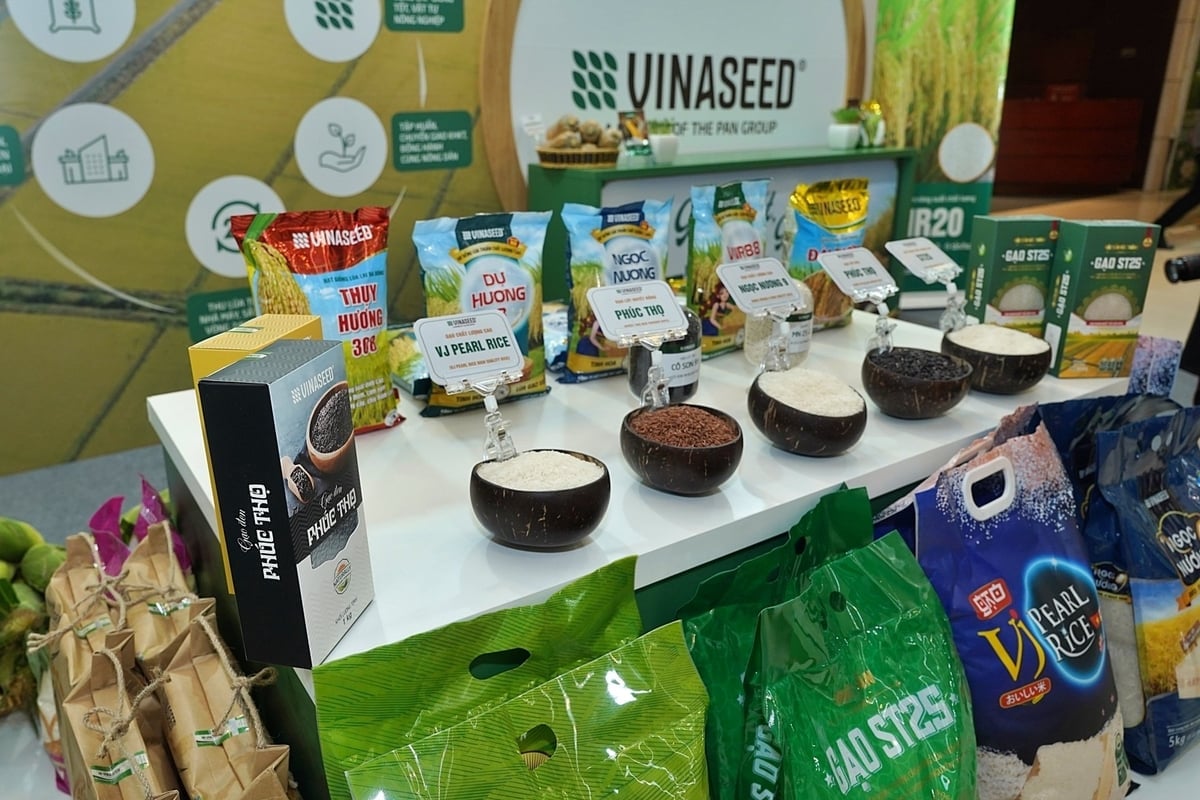
Some outstanding products brought by Vinaseed to the conference. Photo: Bao Thang.
Currently, PAN has applied ESG standards to every stage, from internal management, production, logistics to marketing, to aim for the Net Zero goal.
The Group also invests heavily in the circular value chain, utilizing agricultural by-products as input materials for the production of organic fertilizers, animal feed or bioenergy. Processing plants use renewable energy, reduce electricity and water consumption, and build an emission measurement system to make the supply chain transparent.
“We do not see emission reduction as a burden, but as an investment for the future. If we do not act now, businesses will be eliminated from the global value chain,” she stressed.
Source: https://nongnghiepmoitruong.vn/doanh-nghiep-phai-theo-huong-xanh-neu-muon-ton-tai-ben-vung-d783841.html



![[Photo] Prime Minister Pham Minh Chinh attends a conference to review one year of deploying forces to participate in protecting security and order at the grassroots level.](https://vphoto.vietnam.vn/thumb/1200x675/vietnam/resource/IMAGE/2025/11/12/1762957553775_dsc-2379-jpg.webp)


![[Photo] Highways passing through Dong Nai](https://vphoto.vietnam.vn/thumb/1200x675/vietnam/resource/IMAGE/2025/11/12/1762940149627_ndo_br_1-resize-5756-jpg.webp)

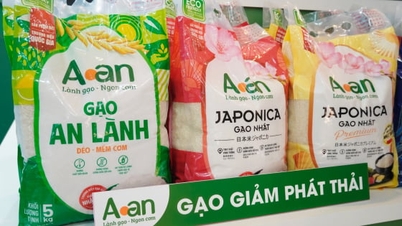

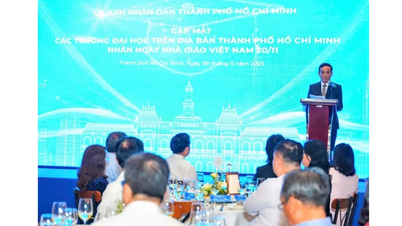







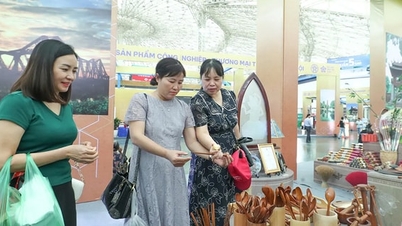

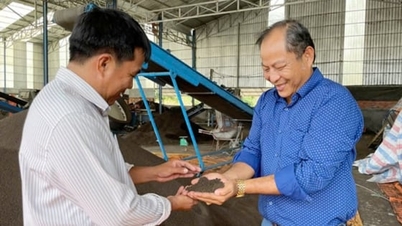
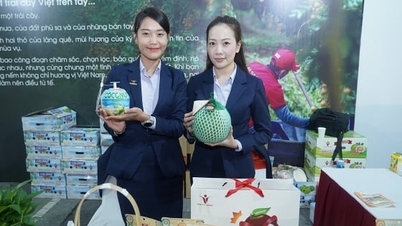
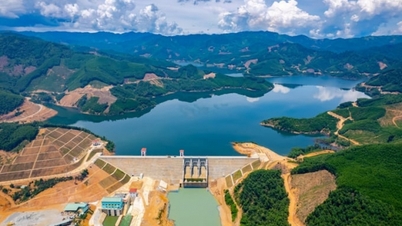
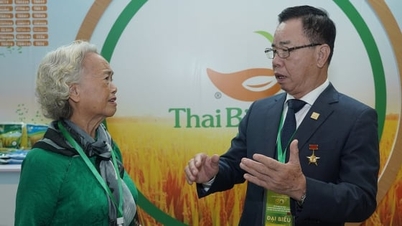
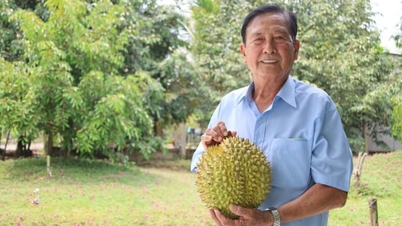
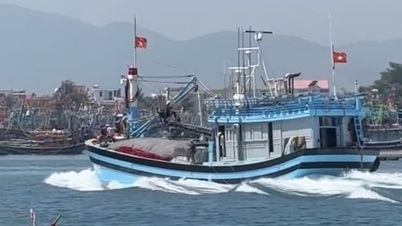




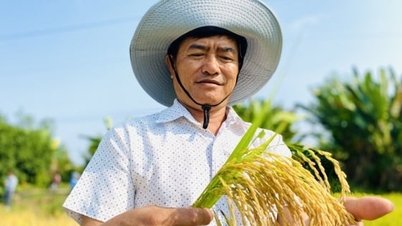
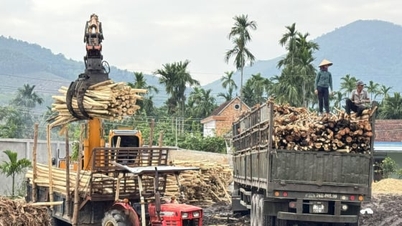
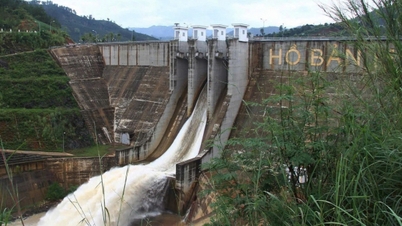
















































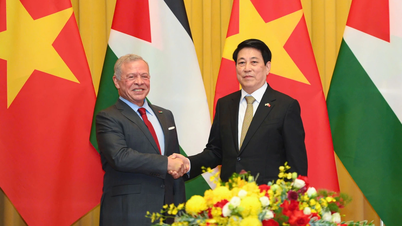

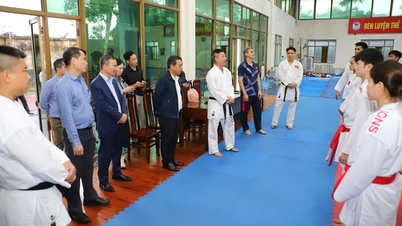

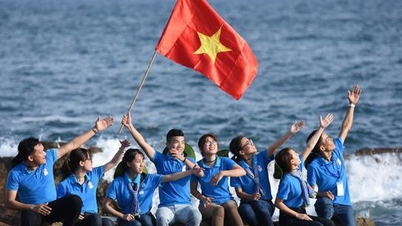




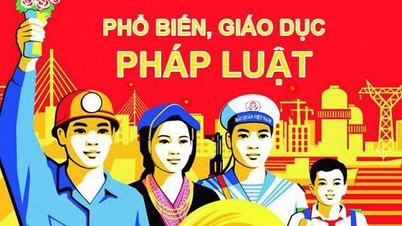


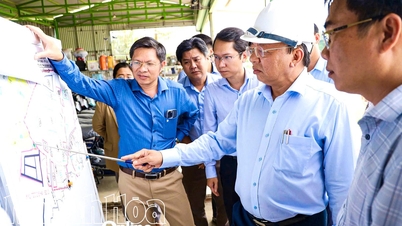
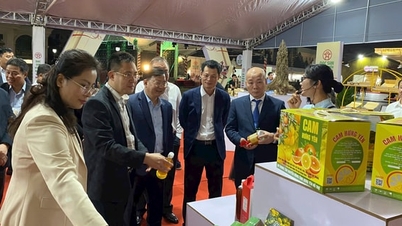


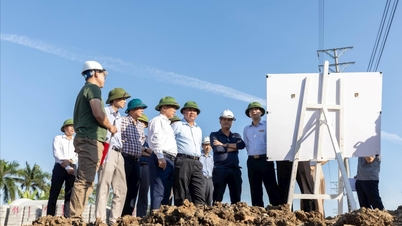

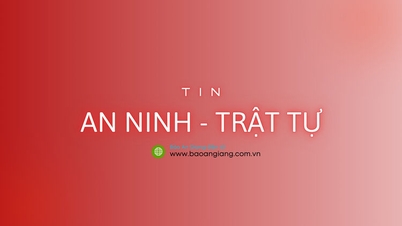





![Dong Nai OCOP transition: [Article 3] Linking tourism with OCOP product consumption](https://vphoto.vietnam.vn/thumb/402x226/vietnam/resource/IMAGE/2025/11/10/1762739199309_1324-2740-7_n-162543_981.jpeg)




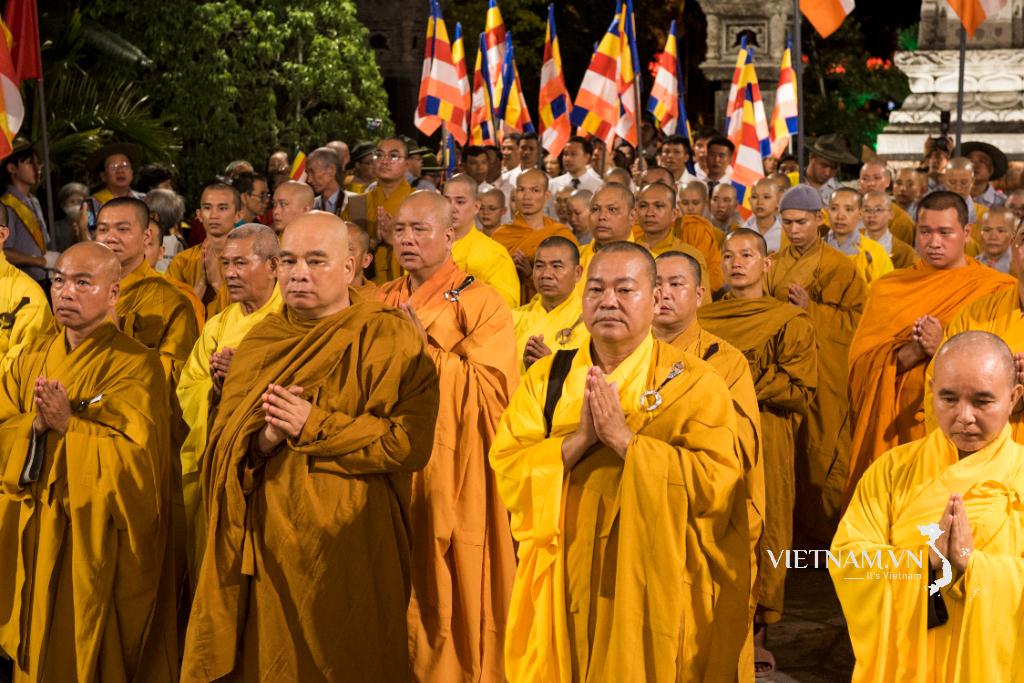

Comment (0)